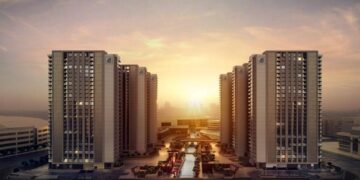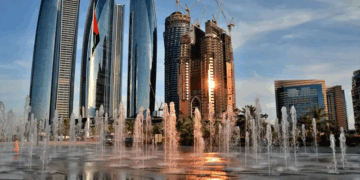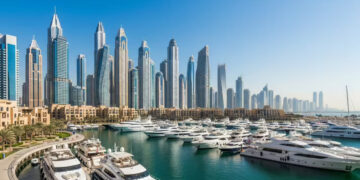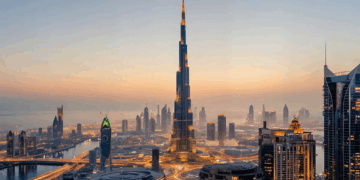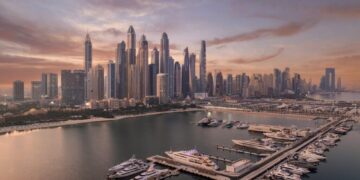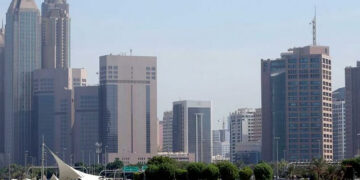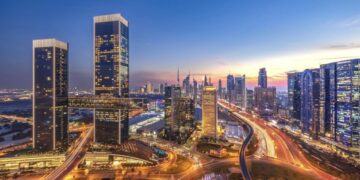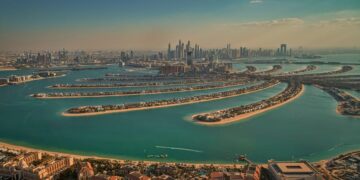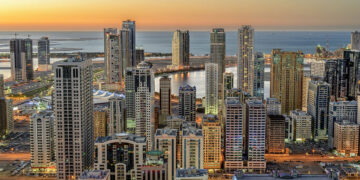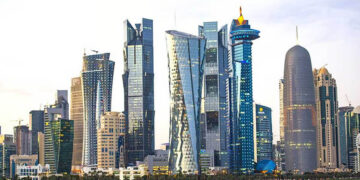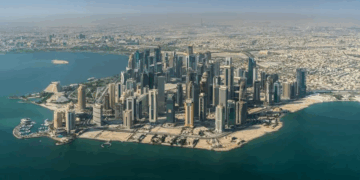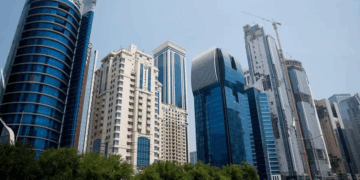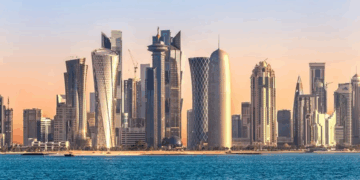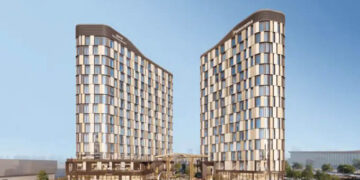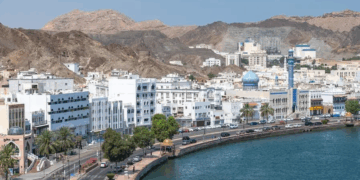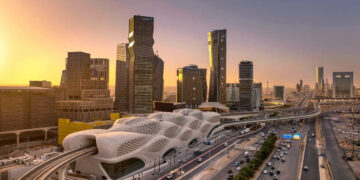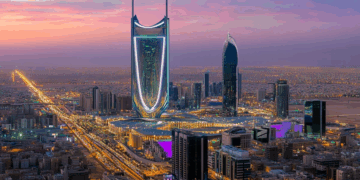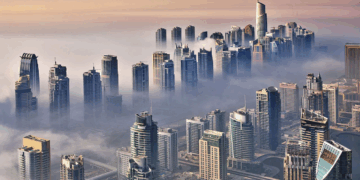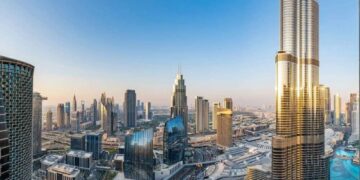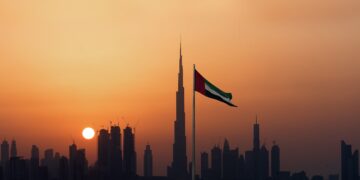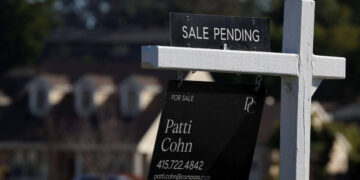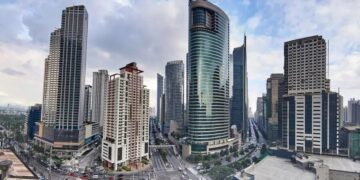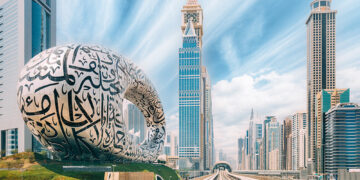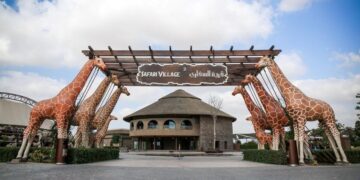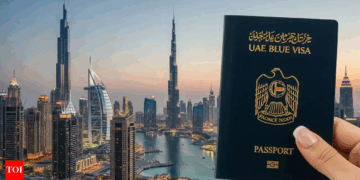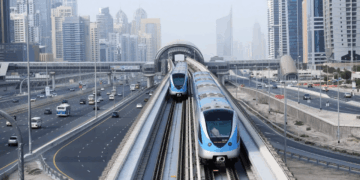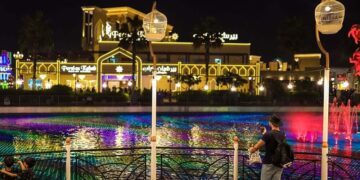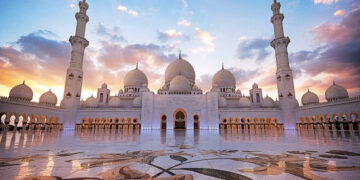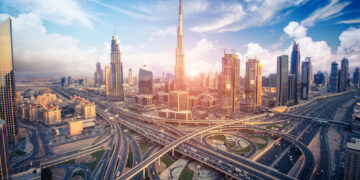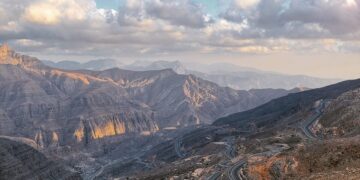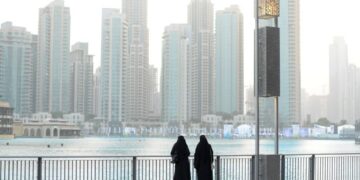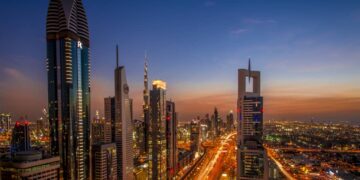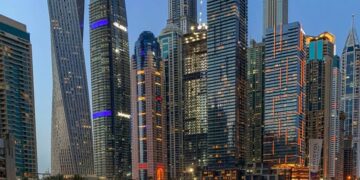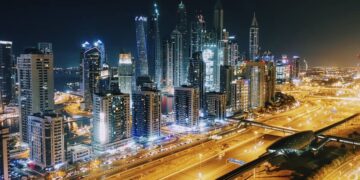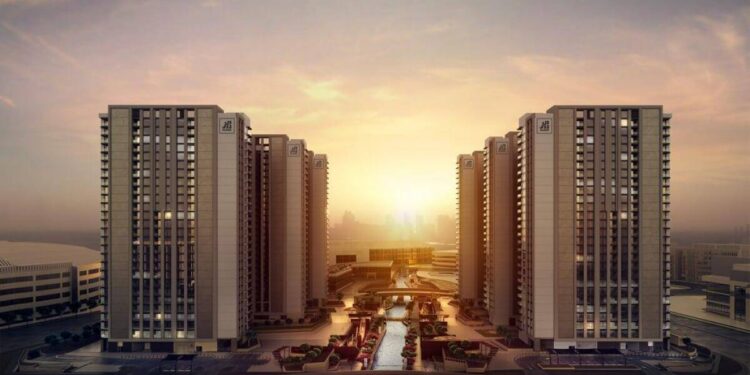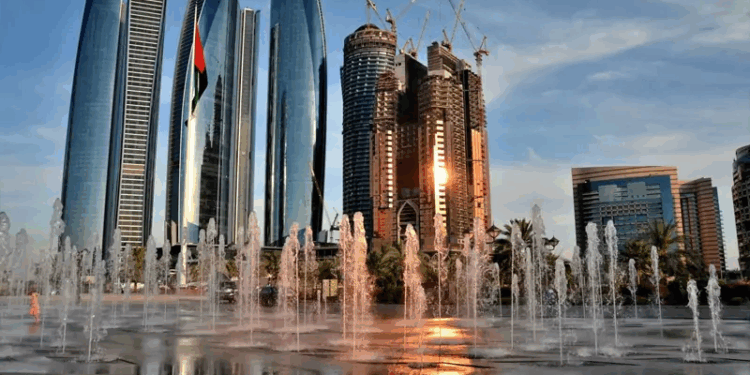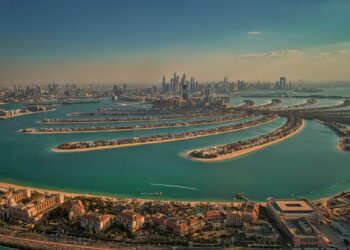According to real estate specialists, the new statement from Etihad Rail may result in value rises of up to 15% for certain homes. They did, however, stress that as the initiative develops and moves forward, the entire impact is probably going to be noticed gradually.
“It’s likely that areas around the Etihad Rail stations could experience rental and price increases of around 10 to 15 percent,” said Jeff Raju, CEO of Manifest Real Estate. “The proximity of properties to metro and Etihad Rail stations will likely play a crucial role in determining their value.”
Metropolitan Premium Properties’ head of secondary sales, Svetlana Vasilieva, concurred, noting that price hikes of 5 to 7% are anticipated in particular neighborhoods, such as Al Jaddaf.
“Projects with big apartments layouts located closer to the station may increase up to 10 per cent once Etihad Rail is operational,” she noted. “I expect a higher price rise in Saadiyat island due to well established social infrastructure and higher demand, comparing to Reem and Yas Island.”
Nonetheless, some experts noted that rises in property values might not happen right away. The long-term impacts will be felt gradually, according to Evgeny Ratskevich, CEO of Metropolitan Capital Real Estate, even though the immediate impact on property prices may be “limited.”
“We anticipate a gradual increase in value, particularly for properties located in close proximity to the rail stations as more residents seek the convenience of shorter commutes between Dubai and Abu Dhabi,” he explained.
On January 23, the first high-speed, all-electric passenger train was unveiled, marking a major advancement for the Etihad Rail network. This train will enable passengers to get from Dubai to Abu Dhabi in just 30 minutes.
The train will travel at up to 350 kmph and stop at six stations, including four in Abu Dhabi: Zayed International Airport, Saadiyat, Yas Island, and Reem Island. The stations in Dubai will be close to the Al Jaddaf neighborhood and Al Maktoum International Airport. Two stations were previously announced in Sharjah University City and the Sakamkam neighborhood of Fujairah.
‘Reshape residential choices’
Fibha Ahmed, VP of Property Sales at Bayut, has been informed that there will be significant improvements in property values in the areas near the Etihad Rail stations. She cited historical patterns to illustrate how the introduction of the Dubai Metro increased prices in places like JLT and Dubai Marina because of better connectivity.
“When the Metro was launched in Dubai, areas like JLT and Dubai Marina saw property values rise due to improved connectivity,” she said. “I expect the same for locations along the Etihad Rail route, including ports, industrial zones, and urban centres across all seven emirates. Its extensive network will enhance accessibility, boosting demand for nearby properties.”
Over the following fifty years, the high-speed train is anticipated to add Dh145 billion to the UAE’s GDP. In addition, Etihad Rail plans to launch a standard passenger train.
Experts also believe that the rail network will drastically alter commuting patterns and work opportunities. “It will potentially reshape residential choices and work opportunities across both emirates,” said Mohammad Braiwish, managing director of UAE-based transportation and traffic technology company TrafQuest.
“For major events like Formula 1, the service will enhance accessibility for international visitors and locals alike. Finally, the strategic placement of stations near international airports will streamline business and tourism connectivity,” he added.
Improved accessibility
According to Elie Naaman, co-founder and CEO of Ellington Properties, the Al Jaddaf station in Dubai is anticipated to be a major growth region, with better access increasing demand and property values.
“Similarly, Saadiyat Island and Yas Island in Ab Dhabi are also set to become significant transit hubs, pushing property prices higher. Infrastructure advancements like these will make properties near the stations more appealing to both residents and investors, creating connected, vibrant communities,” she added.
Meanwhile, Jeff added that certain developments will see the most significant price increases from this infrastructure investment. “Developments in areas such as Emaar South, Dubai South, Damac Hills, Nshama, Creek Harbour, and Al Jaddaf stand to benefit the most from this infrastructure investment,” he said. “The intercity connectivity between Dubai and Abu Dhabi will make it easier for residents to commute between these two major cities.”
Evgeny said that because of the stations’ better accessibility and shorter travel times, new construction is “likely to experience more pronounced price appreciation.”
